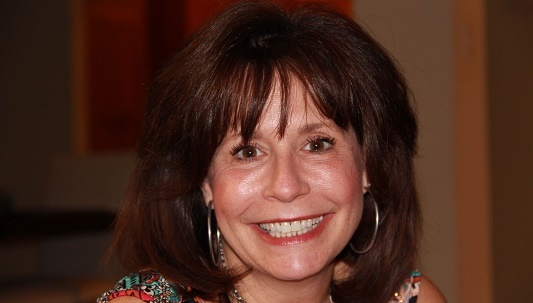
Seniors suffer financial fraud and abuse at an alarming rate. Some estimates put the total lost to fraud and financial abuse at more than $36 billion, but no matter what the numbers it is important for friends and family members to stay vigilant and watch out for the warning signs.
Whether you are caring for an elderly parent or grandparent or just looking after a friend, it is important to be aware and look out for signs of financial fraud and abuse. Many seniors are reluctant to talk about their finances -- and even more reluctant to admit they have been victimized. As a friend or loved one, it is up to you to make sure the seniors you care about are not victimized in this way.
There are a number of things you can monitor when caring for an elderly friend or loved one. First, if your parent of loved one lives alone they may be a target. Start by keeping a close watch on their social security checks, pension payments, credit card statements and their bank account. If you are concerned about an elderly parent, offer to help them pay their bills or balance their checkbook. Not only will doing so give you peace of mind but it will also make it easier to spot the early warning signs of financial fraud.
If you live in the same area, help your parent or loved one with their mail. Seniors are often inundated with offers that invite financial fraud, from mailers touting risky penny stock investments to postcards claiming the recipient has won a lottery or sweepstakes. As a caring relative, you can offer to help your elderly loved one with their mail -- and help prevent sweepstakes and lottery fraud.
It also pays to be skeptical of new friends in your loved one's life. While making new friends is great, con artists often prey on lonely seniors. If your elderly loved one or parent has been talking about a new friend they met at church or the local coffee shop, ask to meet the person and talk face to face. Trust your gut and observe their actions. If the new friend has your loved one's best interests at heart, they will understand your need to vet new relationships without getting offended. If not, you can take steps to protect your loved one from financial ruin.
If your elderly loved one is not on the do-not-call registry or does not understand how to sign up, offering to help could save them from financial fraud. A large percentage of financial fraud aimed at seniors takes place over the telephone -- from con artists claiming to be from the bank and asking for Social Security numbers to fraudsters calling to tell your parents they have won the lottery. Taking the simple step of getting your loved one on the do-not-call list could save them from a world of trouble.
If you need assistance seek help from a trusted adviser, senior advocate or geriatric care manager. Financial fraud aimed at seniors is not going away any time soon. Whether your elderly loved ones live in the same town or in another state, it is important to keep tabs on both their physical well-being and their financial lives. Being aware of the warning signs and taking steps to protect the people you love is more important than ever before.
By Derek Bullard
Derek is the Founder and CEO of Already HomeCare. Already HomeCare provides non-medical in home care with locations in Charleston and Columbia S.C. Derek writes on a variety of topics including issues related to aging, senior care, small business and leadership. You can read more of his articles online at www.alreadyhomecare.com or via LinkedIn at https://www.linkedin.com/in/bullardderek


Comments